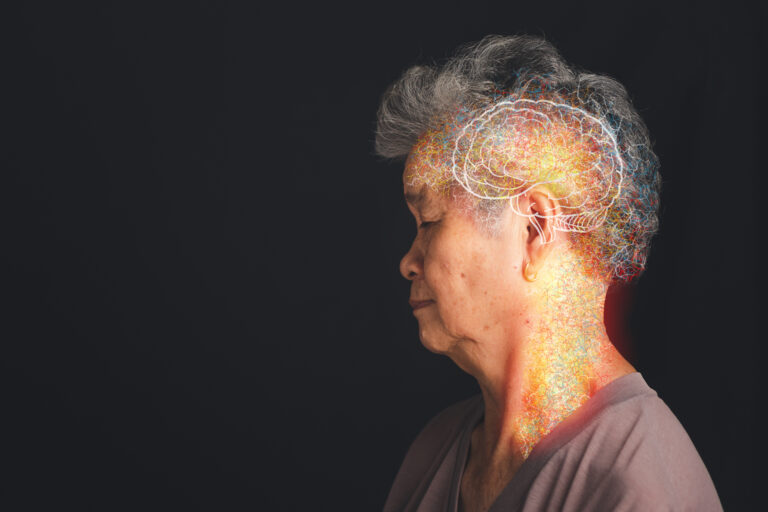**Why Maintaining Social Connections Can Help Slow Dementia Progression**
Dementia is a serious condition that affects millions of people worldwide. While there is no cure for dementia, research has shown that maintaining social connections can significantly help slow its progression. In this article, we will explore why social connections are crucial in delaying dementia and how you can incorporate more social activities into your life.
### The Importance of Social Connections
Social connections are vital for our overall well-being, especially as we age. Studies have consistently shown that older adults who stay socially active tend to develop dementia later in life compared to those who are less socially engaged. For instance, a recent study conducted at Rush University Medical Center found that seniors with the most active social lives developed dementia an average of five years later than their less socially engaged peers[1][3].
### How Social Activities Help
So, how do social activities help slow down dementia? Here are a few key points:
1. **Brain Health**: Social activities keep the brain active. When we engage in social interactions, we challenge our brains to participate in complex interpersonal exchanges. This can help maintain efficient neural networks, which are essential for cognitive health[3].
2. **Reduced Risk**: Frequent social activity has been linked to a 38% lower risk of developing dementia and a 21% lower risk of mild cognitive impairment (MCI)[1][3]. MCI is an early stage of memory loss that can progress to dementia.
3. **Stress Relief**: Social interactions can relieve stress and improve mood. Chronic loneliness, on the other hand, can be harmful to brain health and lead to cognitive decline[5].
### Examples of Social Activities
Incorporating more social activities into your life is easier than you think. Here are some examples:
– **Dining Out**: Eating with friends or family can be a great way to stay connected.
– **Volunteering**: Helping others through volunteering can provide a sense of purpose and social interaction.
– **Bingo Night**: Engaging in activities like bingo can be fun and brain-boosting.
– **Attending Religious Services**: Participating in religious services can provide a sense of community and social support.
– **Learning Something New**: Engaging in adult education or learning a new skill can keep your mind active and engaged.
### Conclusion
Maintaining social connections is a simple yet powerful way to help slow down dementia progression. By staying active and engaged in social activities, you can reduce your risk of developing dementia and improve your overall cognitive health. Whether it’s dining out, volunteering, or playing bingo, every bit of social interaction counts. So, make sure to stay connected and keep your brain active!
Remember, while there is no cure for dementia, incorporating more social activities into your life can make a significant difference in your health and well-being. Start today and see the positive impact it can have on your life.





